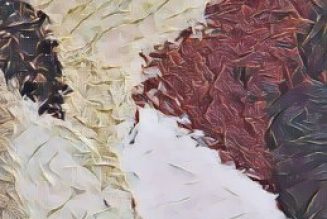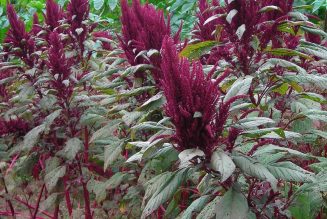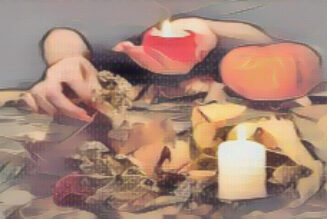Summer Solstice—Midsummer’s Day, the longest day of the year, when the sun reaches its peak of power, and begins to decline. We mark this day as the beginning of summer, of the time of ripeness and harvesting. Yet is also a time of grief, of knowing that the flower must fade for the fruit to set. This year, the solstice falls in the midst of enormous grief—for those who have died in the pandemic, for the black and brown lives taken by police violence, for all the losses engendered by violence, brutality, racism and all forms of discrimination. At the same time, barriers to change that once seemed insurmountable are toppling like Confederate statues, and the uprising in the streets has kindled a beacon of hope. So today, take a flower. Observe its beauty, its texture, its color and scent. Consider how nature has designed it to attract. Let yourself love it. Then, let it go. Give it to a running stream, to the ocean, to a fire. Let yourself feel the grief, the poignant tragedy inherent in life, that nothing lasts forever. Then, eat a summer fruit—a first-to-ripen cherry plum, a berry, a cherry. Savor it. Let yourself truly take it in. Imagine this is the fruit of the struggle for justice. How sweet it is! What must fade, what must we let go of, to set this fruit and give it time to ripen? We have many harvests still to come, some as bitter as the strange fruit, the black bodies, still hanging from trees in this land. But what can we tend and cultivate to harvest the true nourishment that will come from the seeds we now plant?
Summer Solstice—Midsummer’s Day
566 views






















